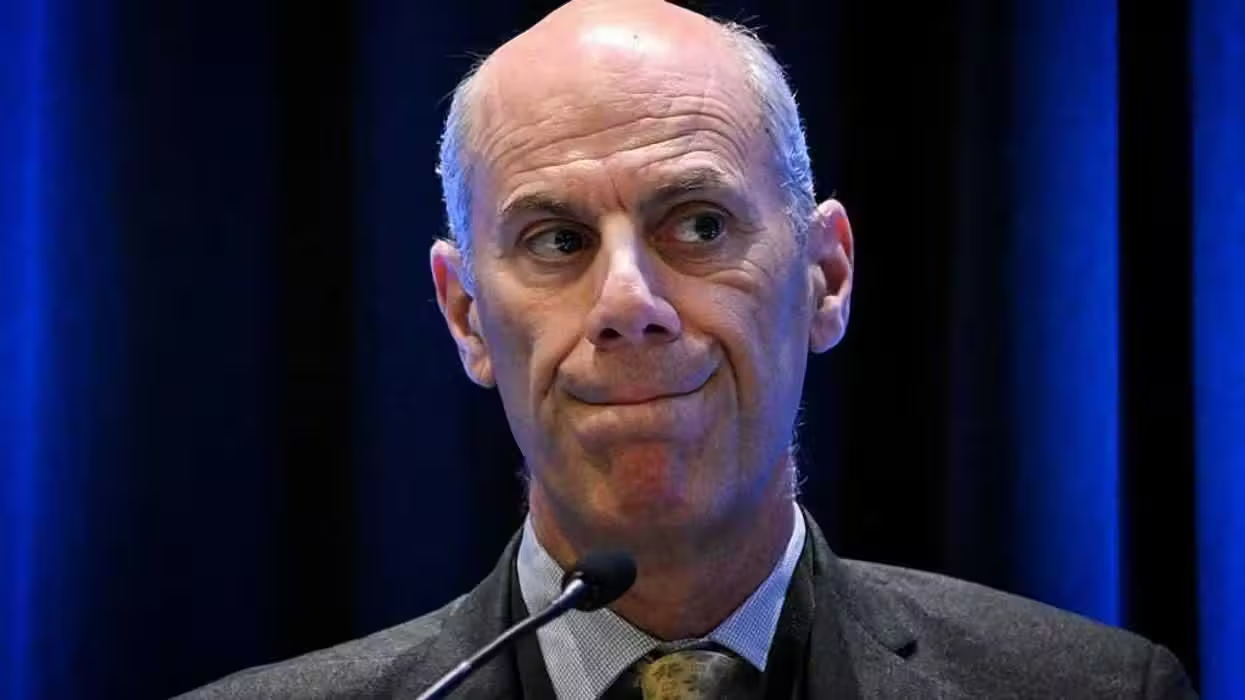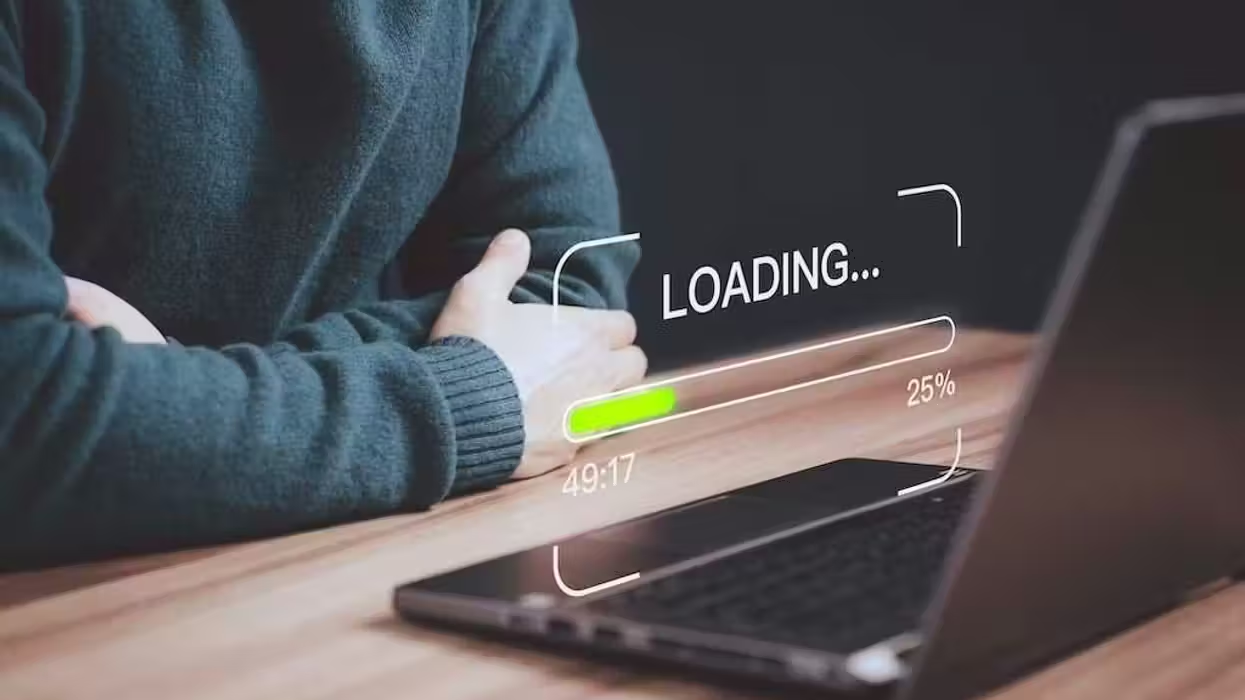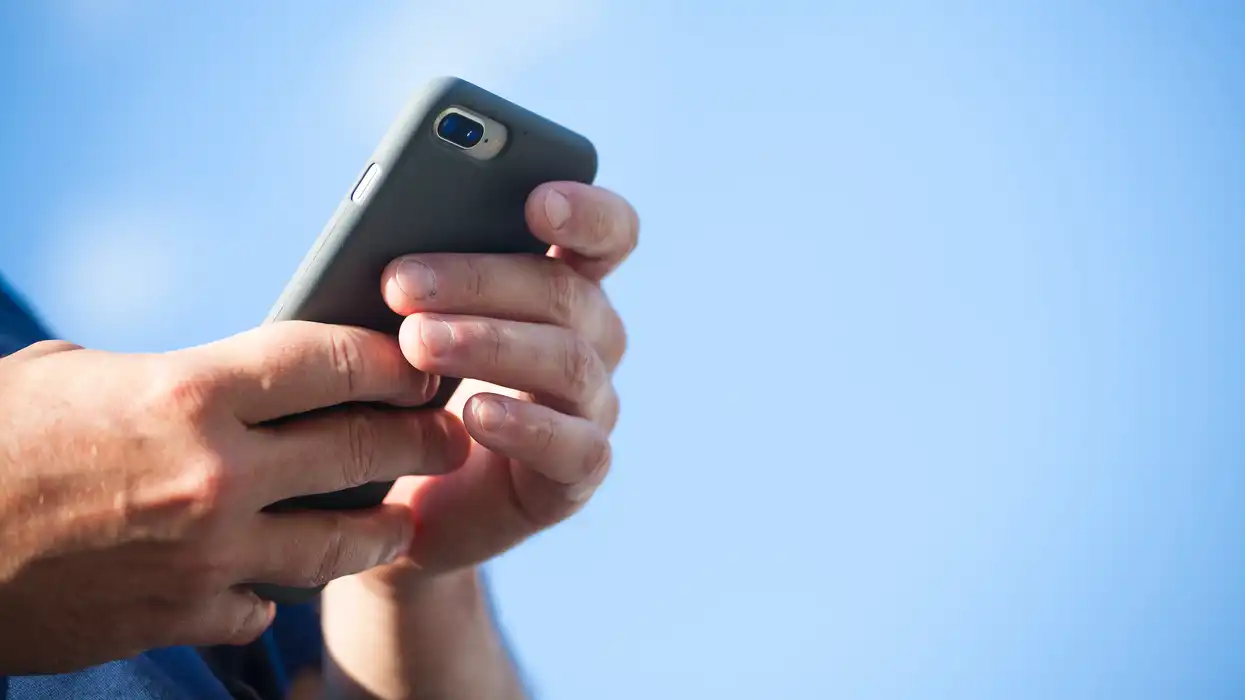
© 2025 Blaze Media LLC. All rights reserved.
Fed. Judge to Decide if Gov't Can Force Defendant to Unlock Encrypted Laptop
January 06, 2012
"...might reveal she had control over the laptop..."
 In 2010, authorities took Ramona Fricosu's Toshiba Satellite M305 laptop with a warrant in a case investigating real estate fraud. But the laptop really couldn't provide authorities with any information: it was encrypted.
In 2010, authorities took Ramona Fricosu's Toshiba Satellite M305 laptop with a warrant in a case investigating real estate fraud. But the laptop really couldn't provide authorities with any information: it was encrypted.
Now, Wired reports, a U.S. District Court Judge is set to rule on whether Fricosu should be forced to open up her computer. It's the first time such a case will be decided in federal court.
Here's what both sides are saying on the issue, according to Wired:
The Electronic Frontier Foundation’s Marcia Hoffman said (.pdf) in a court filing that the very act of requiring Fricosu to input her password into the laptop would be incriminating “because it might reveal she had control over the laptop and the data there.”Assistant U.S. Attorney Patricia Davies said(.pdf) said there is no Fifth Amendment breach, and that it might “require significant resources and may harm the subject computer” if it tried to crack the encryption.
Hoffman cites the Fifth Amendment, which states “no person . . . shall be compelled in any criminal case to be a witness against himself[.]” The EFF believes that in compelling Fricosu to enter or provide her information, it would be violating this right.
According to Davies, Fricosu should be ordered by the Colorado U.S. District Judge Robert Blackburn to open up her laptop in order to comply with the warrants that merited the computer's seizure believing evidence pertaining to the case exists on the device. In response to Hoffman stating that unencrypting the computer could be incriminating in itself, Davies writes in her statement that Fricosu is already tied to the laptop because it was found in her bedroom sitting on her laptop case.
Davies writes that the government is only asking Fricosu to unlock the computer herself under court watch, not provide her password in written or oral form, though she could choose to do so.
As Wired notes, the feds also called to mind that in a decision in this case not to force Fricosu to unlock her computer would appear as “to a concession to her and potential criminals (be it in child exploitation, national security, terrorism, financial crimes or drug trafficking cases) that encrypting all inculpatory digital evidence will serve to defeat the efforts of law enforcement officers to obtain such evidence through judicially authorized search warrants, and thus make their prosecution impossible.”
Wired includes that full disk encryption is an option service for many of the latest laptops. EFF covers many of the personal and business related reasons for encryption. Wired states that it could take decades to break into an encrypted computer.
Wired reports that a ruling could come any day.
Want to leave a tip?
We answer to you. Help keep our content free of advertisers and big tech censorship by leaving a tip today.
Want to join the conversation?
Already a subscriber?
more stories
Sign up for the Blaze newsletter
By signing up, you agree to our Privacy Policy and Terms of Use, and agree to receive content that may sometimes include advertisements. You may opt out at any time.
Related Content
© 2025 Blaze Media LLC. All rights reserved.
Get the stories that matter most delivered directly to your inbox.
By signing up, you agree to our Privacy Policy and Terms of Use, and agree to receive content that may sometimes include advertisements. You may opt out at any time.






